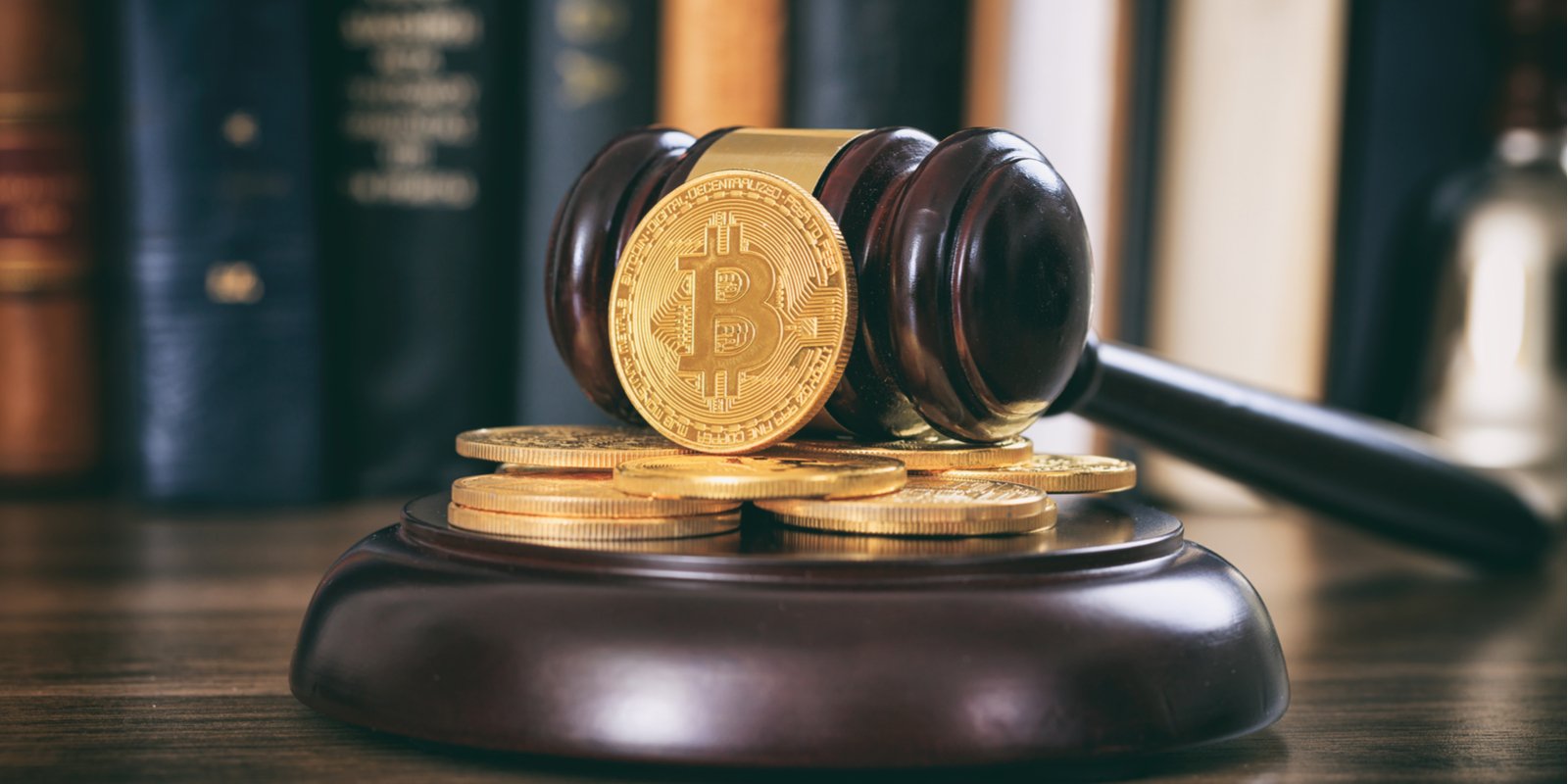Latest news about Bitcoin and all cryptocurrencies. Your daily crypto news habit.

In a recent interview, Matt Kohen and Justin Wales, two senior counsels working for Carlton Fields’ virtual currency and distributed ledger technology group, highlighted the challenges that legal practitioners and regulators face in interpreting United States regulations pertaining to cryptocurrency.
Also Read: Quadrigacx Saga: Founder’s Widow Owns $5.6m Properties, Hospital Confirms Cotten’s Death
Cryptocurrency Lawyers Emphasize Challenges of Current US Regulatory Apparatus
Kohen and Wales are currently working on a more than three-year case pertaining to a Florida-based Localbitcoins trader, Michell Espinoza, who is facing felony charges for running an illegal money service business and money laundering violations.
All charges were initially dropped against him when Judge Teresa Mary Pooler of the Eleventh Judicial Circuit of Florida ruled that Espinoza could not be charged with illegal money transmission offenses because bitcoin was not considered legal tender in 2016. Pooler’s ruling was recently overturned, however, highlighting the challenges associated with juridical apparatus pertaining to cryptocurrencies in the United States.
Regulators Need to Take ‘Holistic View’ of Legislative Classifications
Describing the current regulatory apparatus as a “patchwork,” Kohen emphasized the contradictions that regularly emerge between state and federal legislation. Kohen asserted that virtual currencies appear to comprise “something different to every agency,” adding that the “IRS can look at it as property like a gold bar. SEC gets to say we have a different view. Then you have state regulators who think a digital asset is a commodity or currency. It is tough waters to navigate.”
Wales added: “One of the potential issues is we have securities regulators viewing through a lifetime of experience looking at securities. CFTC is doing the same thing. State and money transmission officers doing the same thing. Tax regulators who do not know what to think of it, look at is as property because it does not look like money. Regulators need to spend more time with a holistic view of what these are.”
International Regulators ‘Struggling’ To Find Solution to Legislative Challenges
With regard to alternative regulatory frameworks developed by international regulators, Wales stated: “Every regulatory agency in every country is struggling to come up with a solution.”
Wales also observed that certain countries are viewing cryptocurrency as “an opportunity” and are implementing “relaxed guidelines,” in contrast with the often contradictory stance taken by U.S. agencies and lawmakers at state and federal level.
Which country do you think has implemented the best regulatory regime for cryptocurrencies? What changes would you like to see made to the current apparatus in the United States? Share your thoughts in the comments section below!
Images courtesy of Shutterstock
At Bitcoin.com there’s a bunch of free helpful services. For instance, have you seen our Tools page? You can even lookup the exchange rate for a transaction in the past. Or calculate the value of your current holdings. Or create a paper wallet. And much more.
Disclaimer
The views and opinions expressed in this article are solely those of the authors and do not reflect the views of Bitcoin Insider. Every investment and trading move involves risk - this is especially true for cryptocurrencies given their volatility. We strongly advise our readers to conduct their own research when making a decision.

